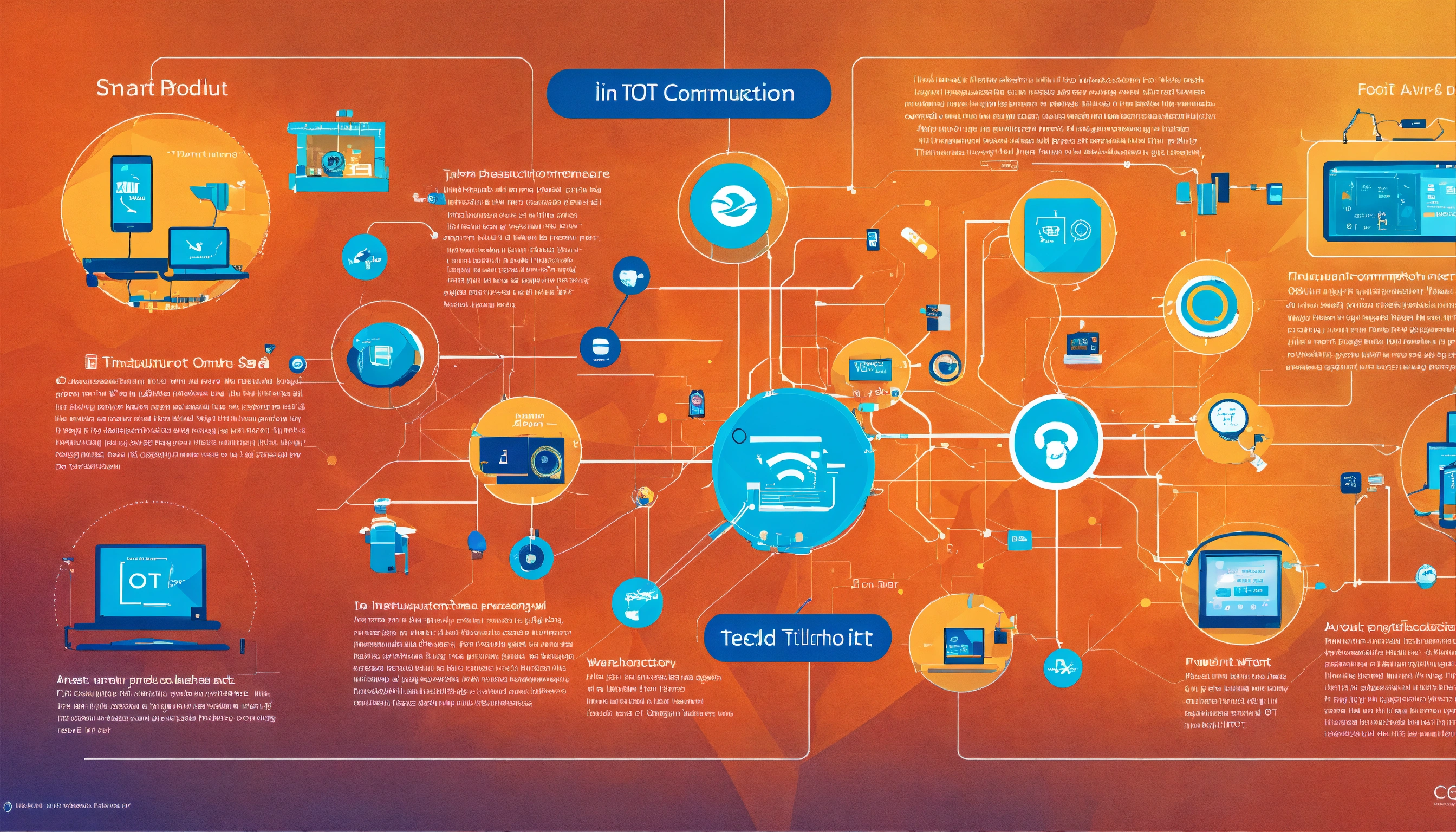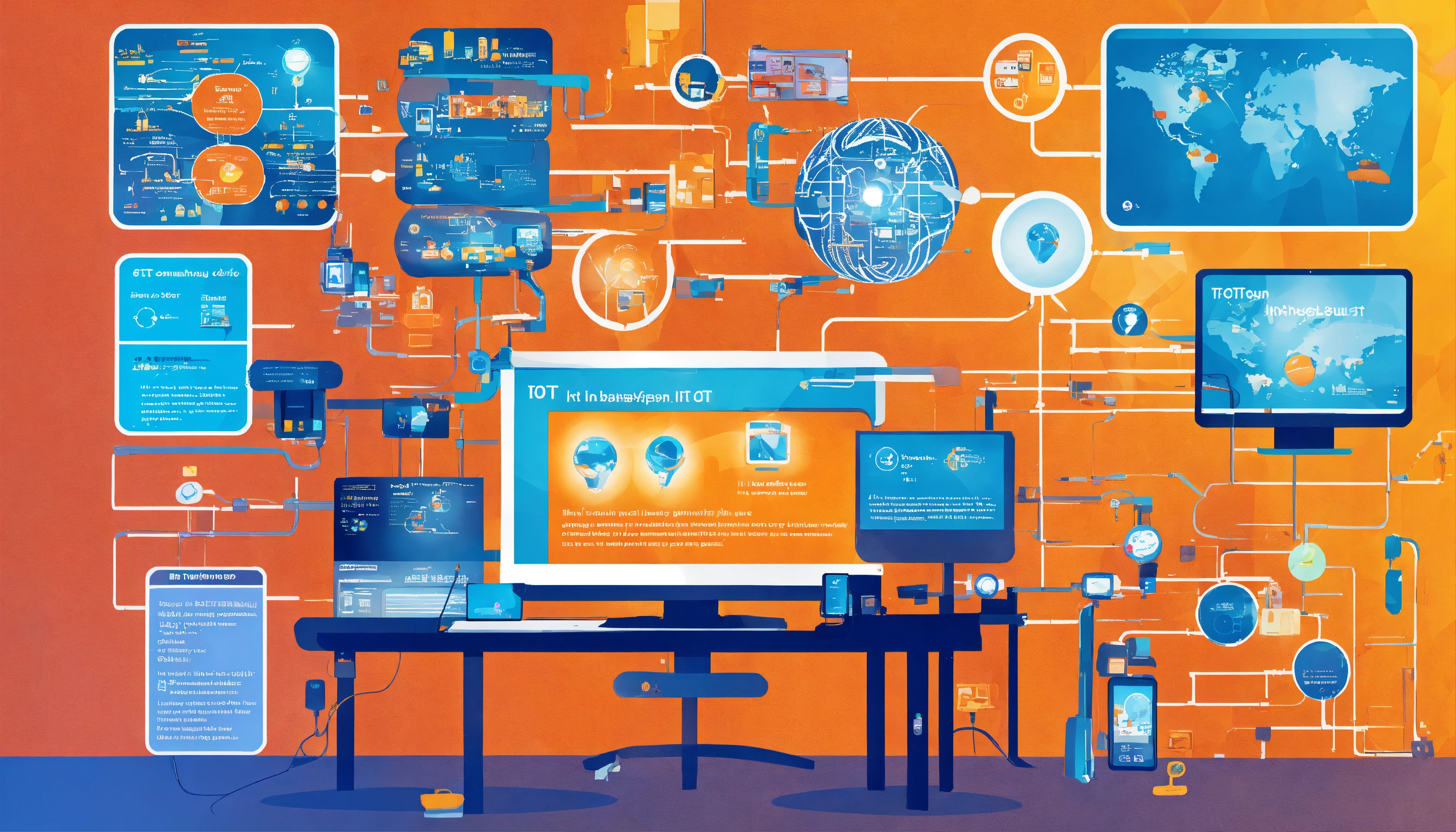What is ERP?
Enterprise Resource Planning (ERP) is a software system designed to help businesses manage and integrate core processes such as finance, supply chain, operations, manufacturing, and human resources. By centralizing data and automating workflows, ERP solutions improve efficiency and decision-making across an organization.
Why is ERP Important for Businesses?
In today’s competitive market, businesses need streamlined operations to remain efficient and profitable. Implementing an ERP system provides several benefits, including:
- Improved Efficiency – Automates repetitive tasks and eliminates manual data entry errors.
- Better Decision-Making – Provides real-time data insights to support informed decision-making.
- Enhanced Collaboration – Integrates different departments, improving communication and teamwork.
- Scalability – Adapts to business growth, supporting additional users and functions.
- Regulatory Compliance – Helps businesses meet industry regulations by tracking and reporting necessary data.
Key Features of an ERP System
While different ERP solutions offer various functionalities, some core features include:
1. Finance and Accounting
A robust ERP system includes modules for managing accounts payable, accounts receivable, budgeting, and financial reporting.
2. Human Resources Management
Companies can track employee records, payroll, attendance, and performance evaluations within the ERP platform.
3. Supply Chain Management
This module optimizes procurement, inventory control, and supplier relationships.
4. Customer Relationship Management (CRM)
An integrated CRM ensures businesses maintain strong relationships with customers and enhance sales processes.
5. Manufacturing and Production
For companies involved in production, an ERP system helps track production schedules, quality control, and resource allocation.
How to Choose the Right ERP System
Selecting the right ERP software depends on various factors, such as company size, industry, and business goals. Here are some key considerations:
1. Define Your Business Needs
Assess which processes require automation and improvement before selecting an ERP system.
2. Consider Cloud vs. On-Premise Solutions
Cloud-based ERP systems offer flexibility and lower upfront costs, while on-premise solutions provide greater control over data.
3. Look for Scalability
Choose an ERP that can grow with your business and support future expansion.
4. Evaluate Integration Capabilities
Ensure the ERP system integrates with existing tools and third-party applications.
5. Compare Costs and ROI
Factor in implementation costs, subscription fees, and potential return on investment (ROI).
Common Challenges in ERP Implementation
While ERP systems offer numerous benefits, businesses often face challenges during implementation, including:
- High Initial Costs – ERP implementation can be expensive, especially for small businesses.
- Resistance to Change – Employees may struggle to adapt to new systems and processes.
- Complex Integration – Migrating data and integrating ERP with existing tools can be challenging.
- Customization Issues – Over-customization can lead to increased complexity and higher costs.
Future Trends in ERP
The ERP landscape continues to evolve with emerging technologies. Some of the latest trends include:
1. Artificial Intelligence and Machine Learning
AI-powered ERP systems enhance automation, predictive analytics, and decision-making.
2. Mobile and Remote Access
Cloud-based ERP platforms enable employees to access data and manage operations remotely.
3. Industry-Specific Solutions
Many ERP providers now offer tailored solutions for specific industries, such as healthcare, retail, and manufacturing.
4. Blockchain for Security
Blockchain integration enhances ERP security, ensuring transparent and tamper-proof transactions.
Conclusion
Implementing an ERP system is a game-changer for businesses looking to streamline operations, improve efficiency, and drive growth. By understanding key features, choosing the right solution, and preparing for potential challenges, organizations can maximize the benefits of ERP. As technology continues to evolve, modern ERP systems will become even more intelligent, adaptive, and essential for business success.

